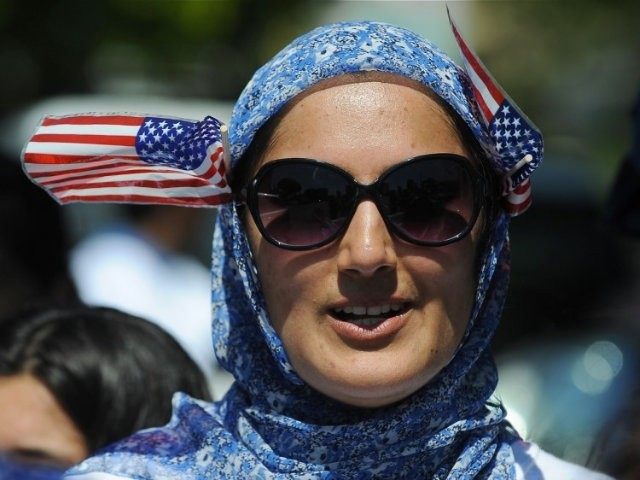On June 1st, the Supreme Court “reversed and remanded” Samantha Elauf’s high profile lawsuit concerning her right to wear a hijab at work back to the Tenth Circuit’s appeals court for further proceedings. Elauf, represented by the Equal Employment Opportunity Commission, had been awarded $20,000 by a jury at the trial level; that award was vacated by the appeals court. Now, when the appeals court revisits the case, they may reinstate that jury award.
The Supreme Court decision states that a private employer must “accommodate” an employee’s religious rights on the job:
An employer may not make an applicant’s religious practice, confirmed or otherwise, a factor in employment decisions…Title VII gives favored treatment to religious practices, rather than demanding that religious practices be treated as no worse than other practices.
On the one hand, this decision is a superb example of how American law protects religious freedom. Unlike French law, in which a neutral, secular state is envisioned as the best way to level the playing field among private religious differences, American law is grounded in “accommodating” the religious differences among immigrants and their descendants who wish to enjoy the American dream of freedom from tyranny and the right to exercise religious beliefs without coercion or punishment. The decision explicitly rejects a “neutral” policy: “Title VII requires otherwise-neutral policies to give way to the need for an accommodation.”
Thus, Sikhs wearing turbans, nuns wearing habits, Muslims wearing beards, prayer caps, and headscarves (hijab), Jews wearing kippahs, side-locks, and other head coverings, have now trumped private enterprise dress codes such as the one previously enacted by Abercrombie and Fitch—the employer whom the Equal Employment Opportunity Commission sued on Elauf’s behalf.
The Qur’an mandates “modesty” for both men and women. This has, variously, come to mean headscarves, face veils (niqab) and full body bags (burqas) for women and beards and skull caps for men.
On the other hand, one wonders if religious “accommodation” might next be claimed for the Islamic face mask. The decision states that “Samantha Elauf is a practicing Muslim who, consistent with her understanding of her religion’s requirements, wears a headscarf.” Somewhere, surely, there must be a Muslim woman who believes that face-masking is also, “in her understanding,” a religious requirement. What then? Will courts rule that such an “understanding” must be “accommodated” or that it is trumped by an American definition of human and women’s rights—and by the public’s need for security?
I have one other gnawing fear. It is to America’s credit that we believe in “accommodating” religious freedom.
However, when we extend such blessed tolerance to a religion such as Islam—many of whose followers are religious supremacists, religiously intolerant, and some who convert via the sword, and execute infidels and apostates—what sort of whirlwind may we be unleashing?

COMMENTS
Please let us know if you're having issues with commenting.